The Founding of the National Archives
On June 19, 1934, President Franklin Roosevelt signed legislation creating the National Archives. The archives houses billions of historic documents, photographs, maps, videos, and more.
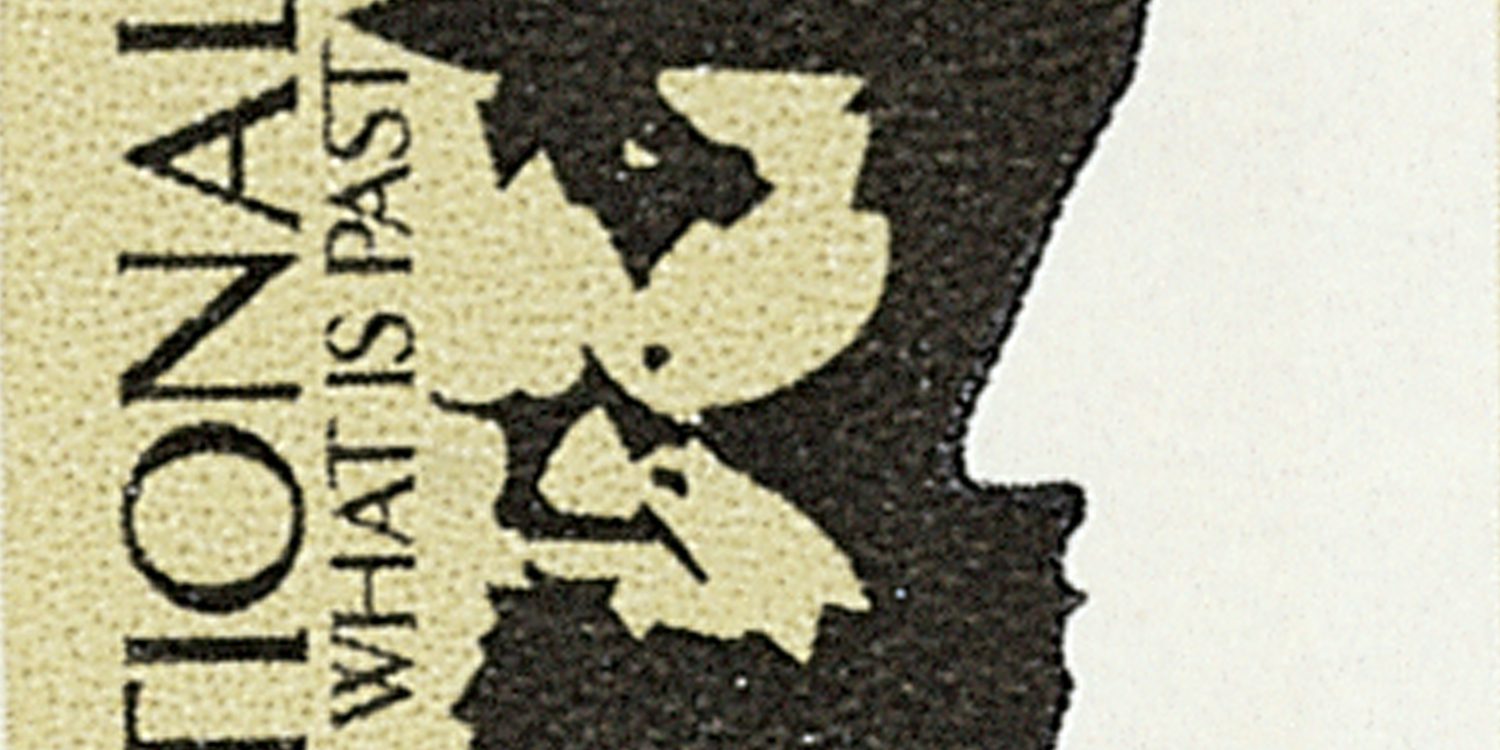
On June 19, 1934, President Franklin Roosevelt signed legislation creating the National Archives. The archives houses billions of historic documents, photographs, maps, videos, and more.
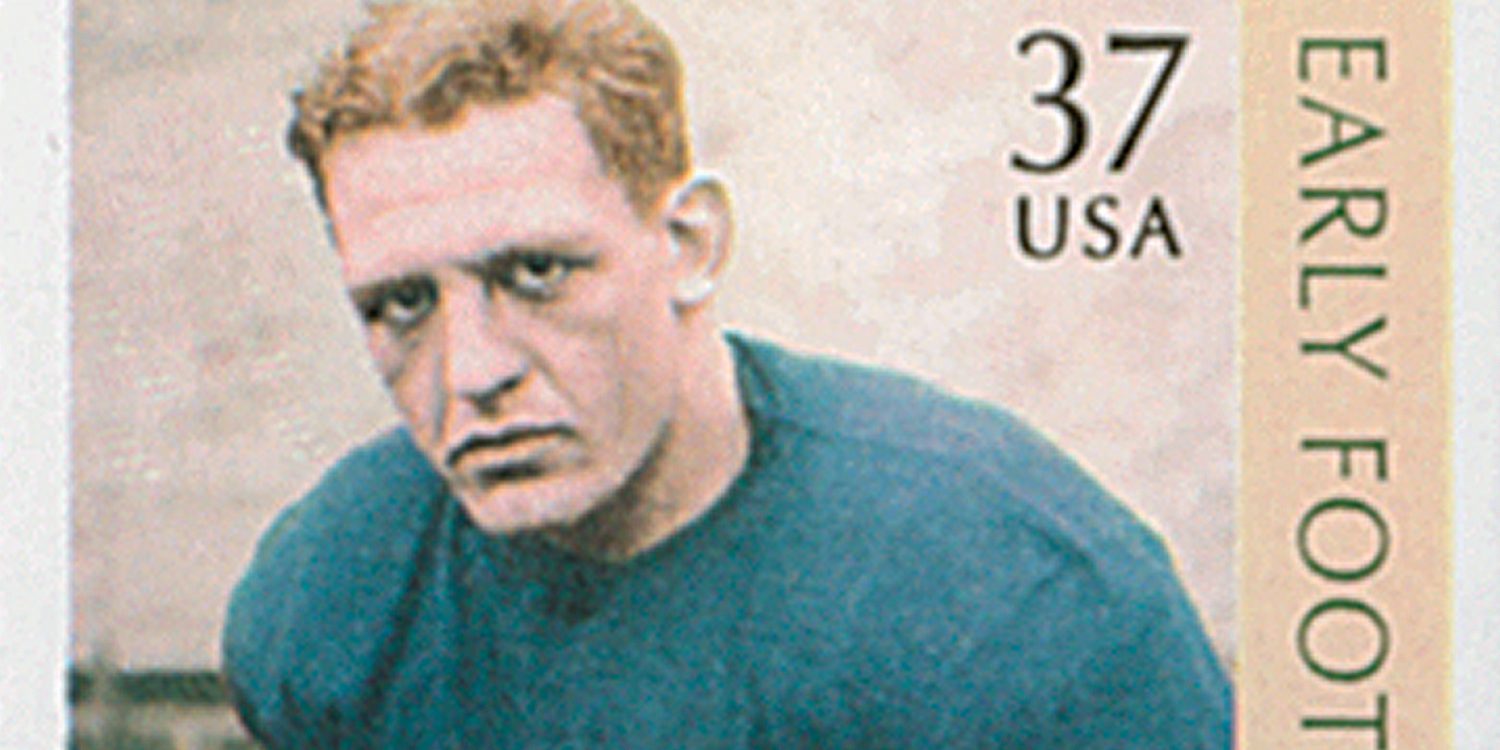
Howard Edward “Red” Grange was born on June 13, 1903, in Forksville, Pennsylvania. Considered one of football’s greatest running backs and one of the best college football players of all time, he was a three-time All-American and two-time NFL champion.
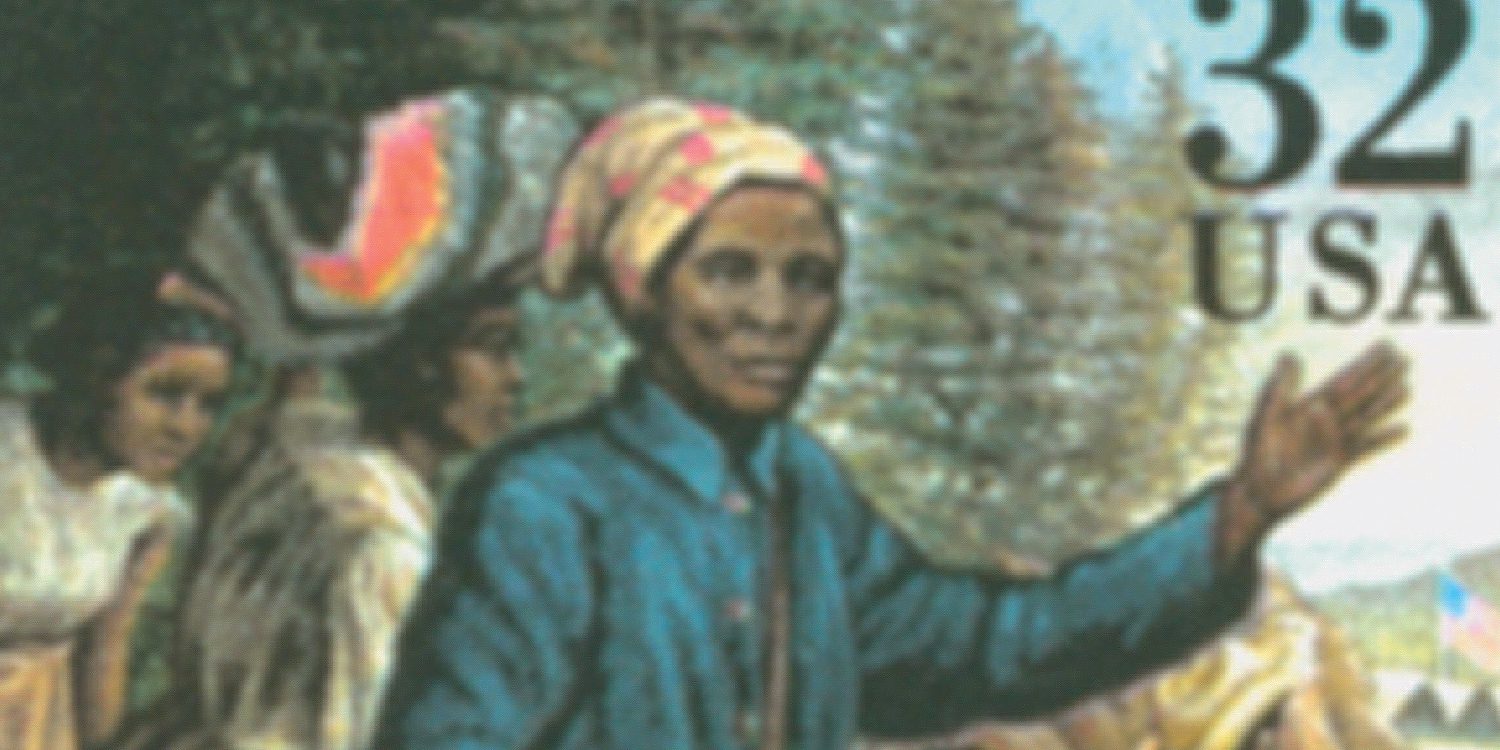
On June 2, 1863, Harriet Tubman helped lead a daring Union raid on South Carolina’s Combahee Ferry. The raid succeeded in capturing supplies, damaging Confederate defenses, and freeing over 750 slaves.
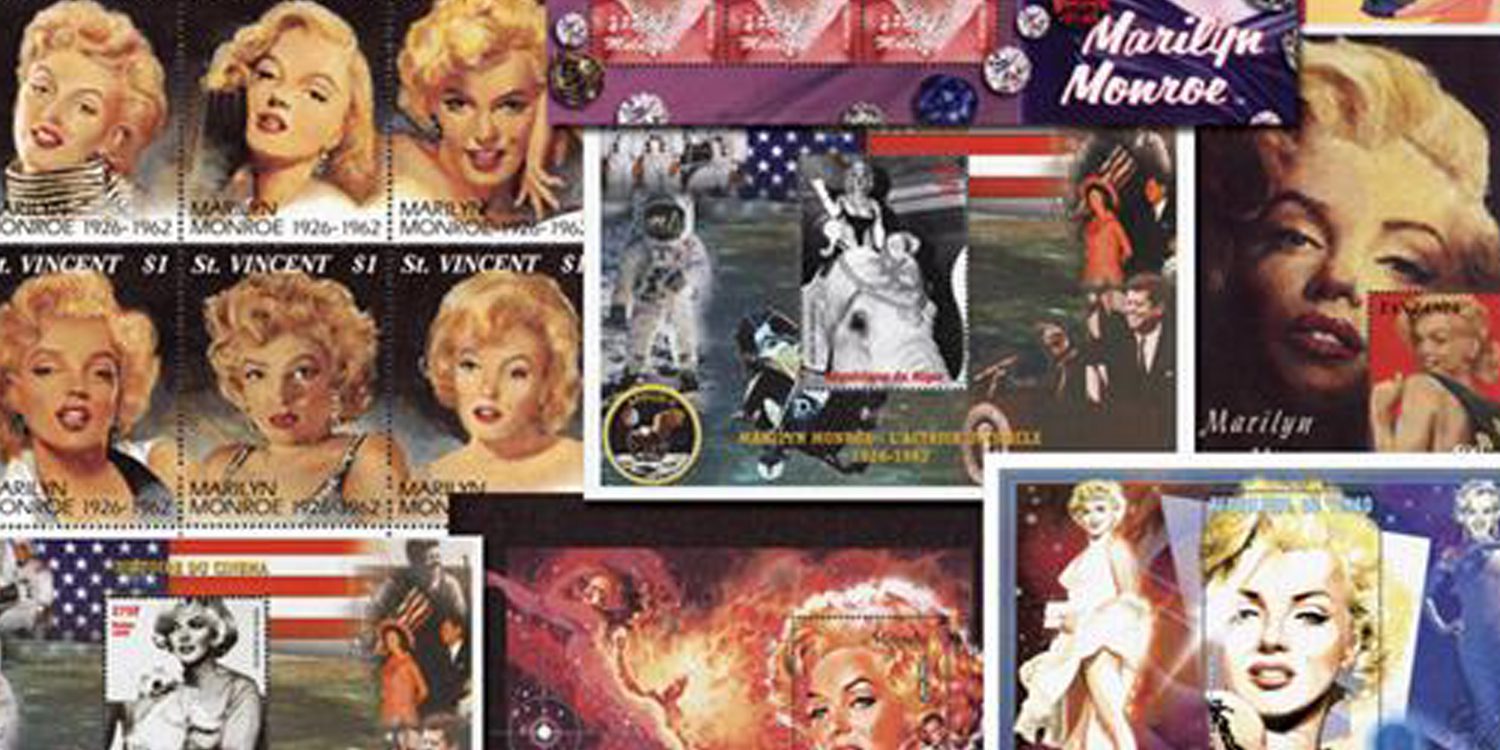
Marilyn Monroe was born Norma Jeane Dougherty on June 1, 1926, in Los Angeles, California. Dubbed the “Blonde Bombshell,” she was one of the most popular actresses of the 1950s and early 1960s.
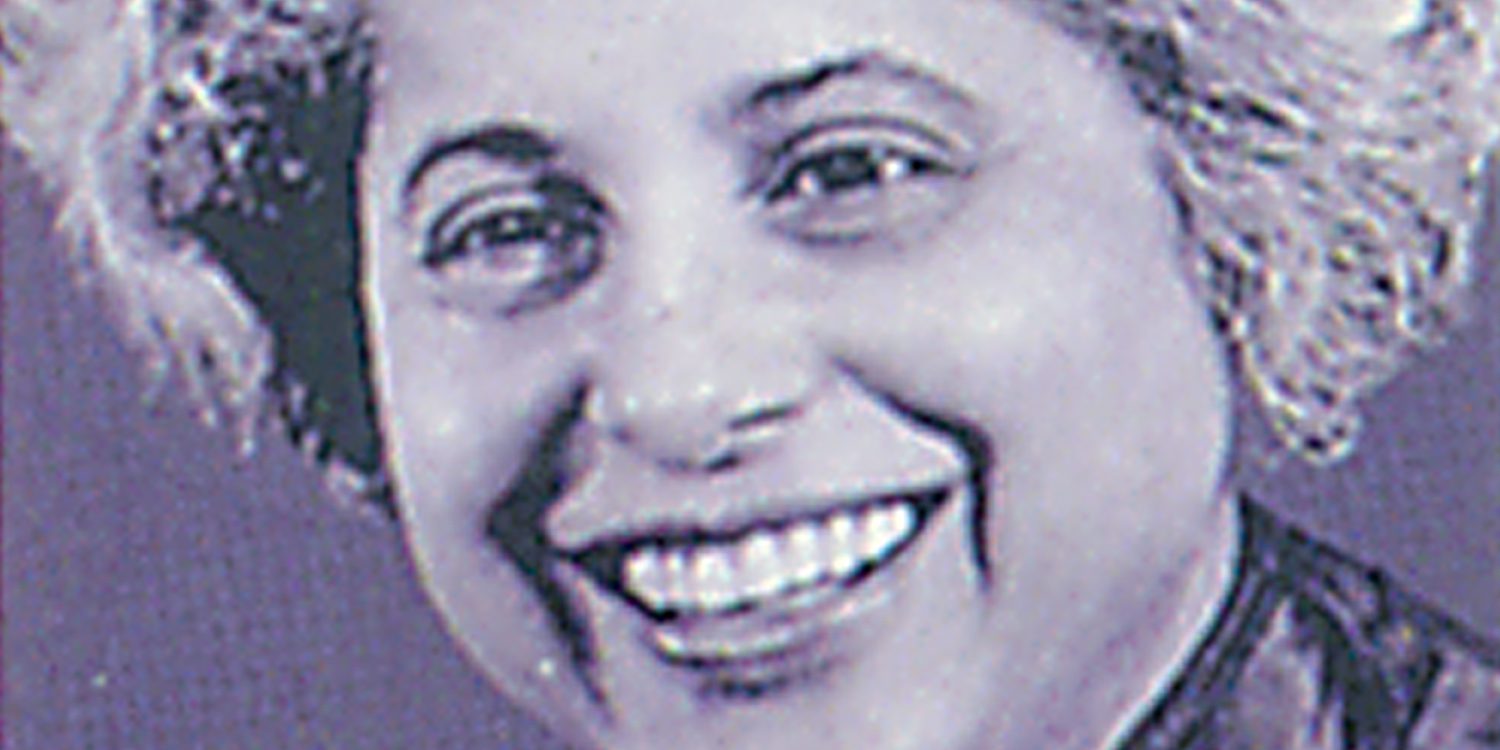
Patricia Roberts Harris was born on May 31, 1924, in Mattoon, Illinois. Harris achieved several firsts in her life. She was the first black woman to serve as an American ambassador, serve in the US Cabinet, be dean of a law school, and sit on the board of directors of a Fortune 500 company.
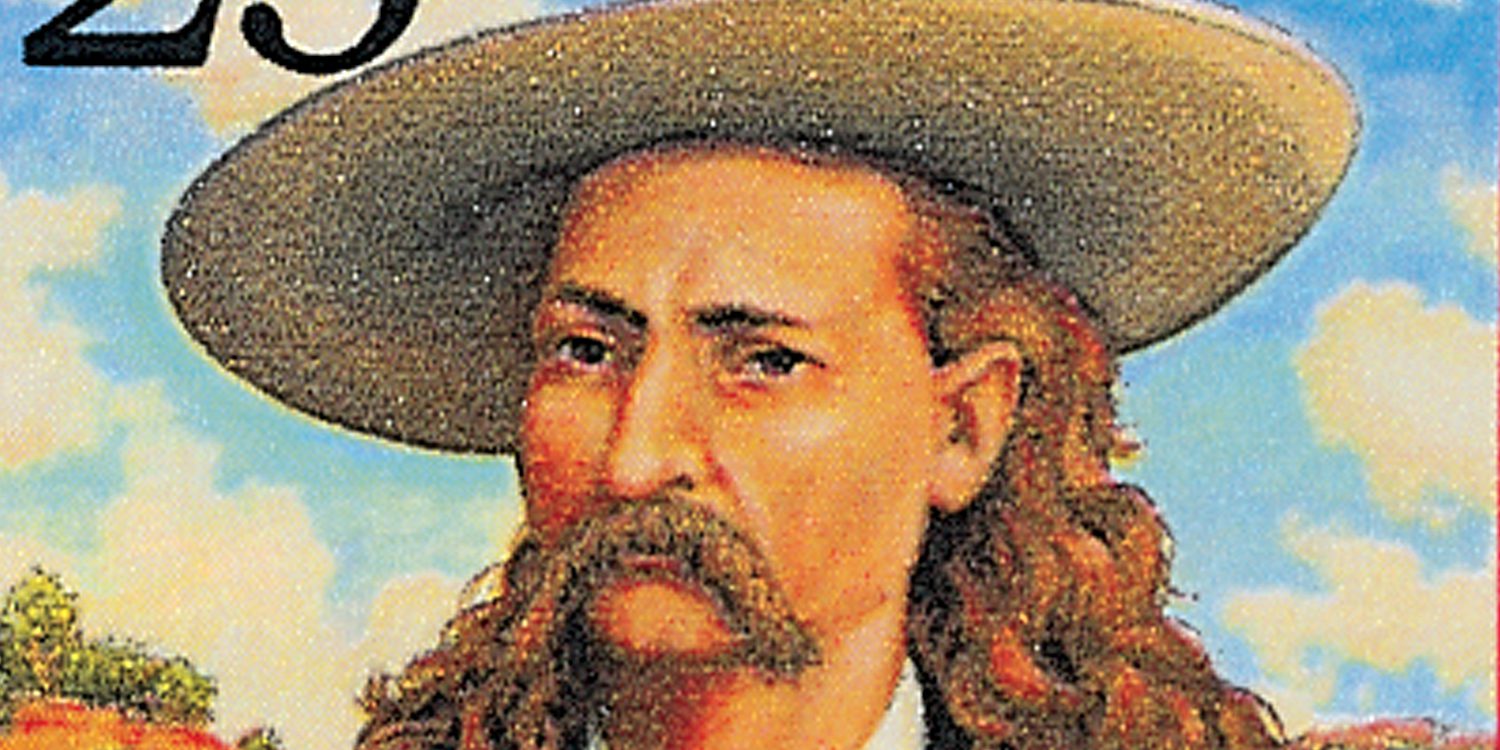
James Butler “Wild Bill” Hickok was born on May 27, 1837, in Homer, Illinois (present-day Troy Grove). A soldier, scout, lawman, gambler, showman, expert marksman, and gunfighter, he was a legend in his own time.
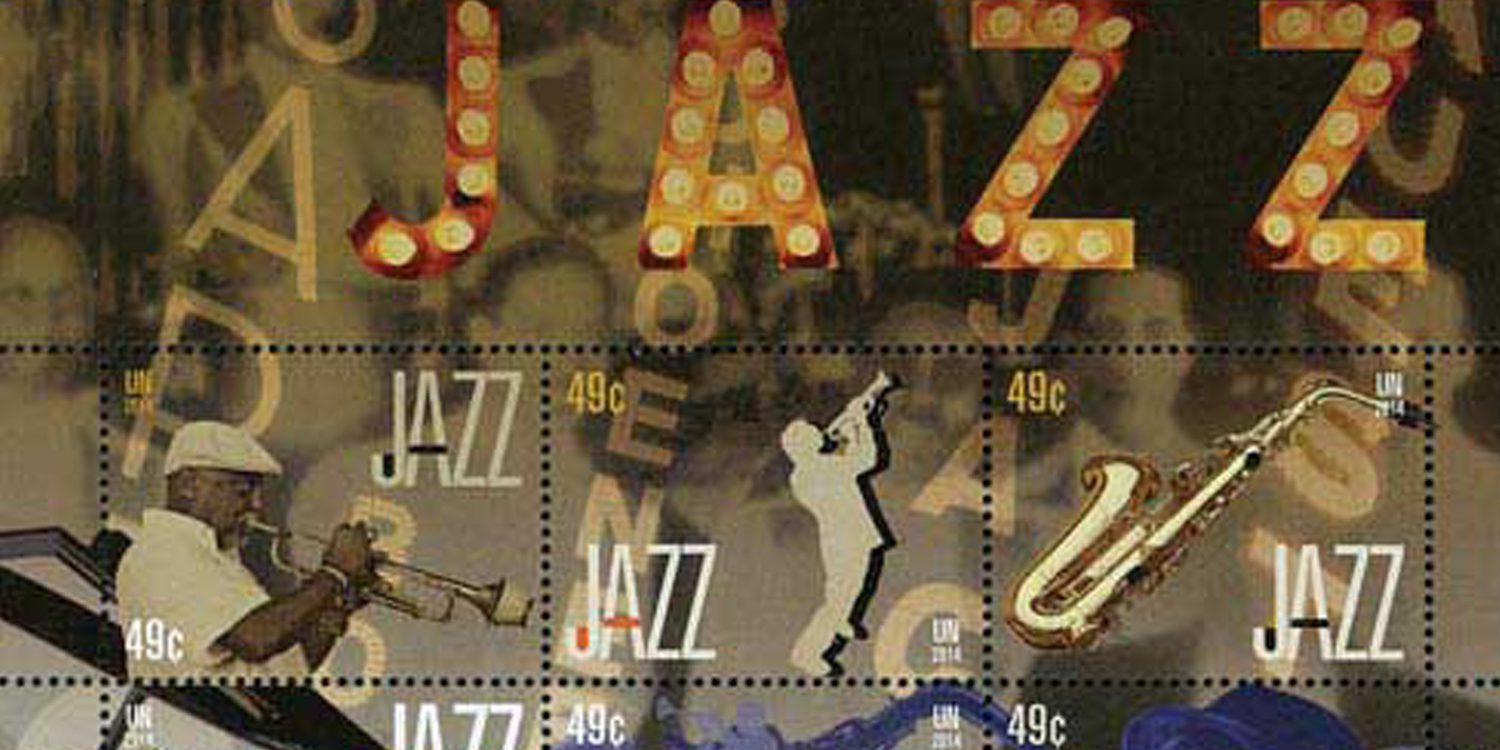
Musician Miles Dewey Davis III was born on May 26, 1926, in Alton, Illinois. By continually reinventing his technique, Davis became one of the most influential jazz musicians of all time. In a career spanning 50 years, he left his fingerprint on every major development in jazz since the 1940s.
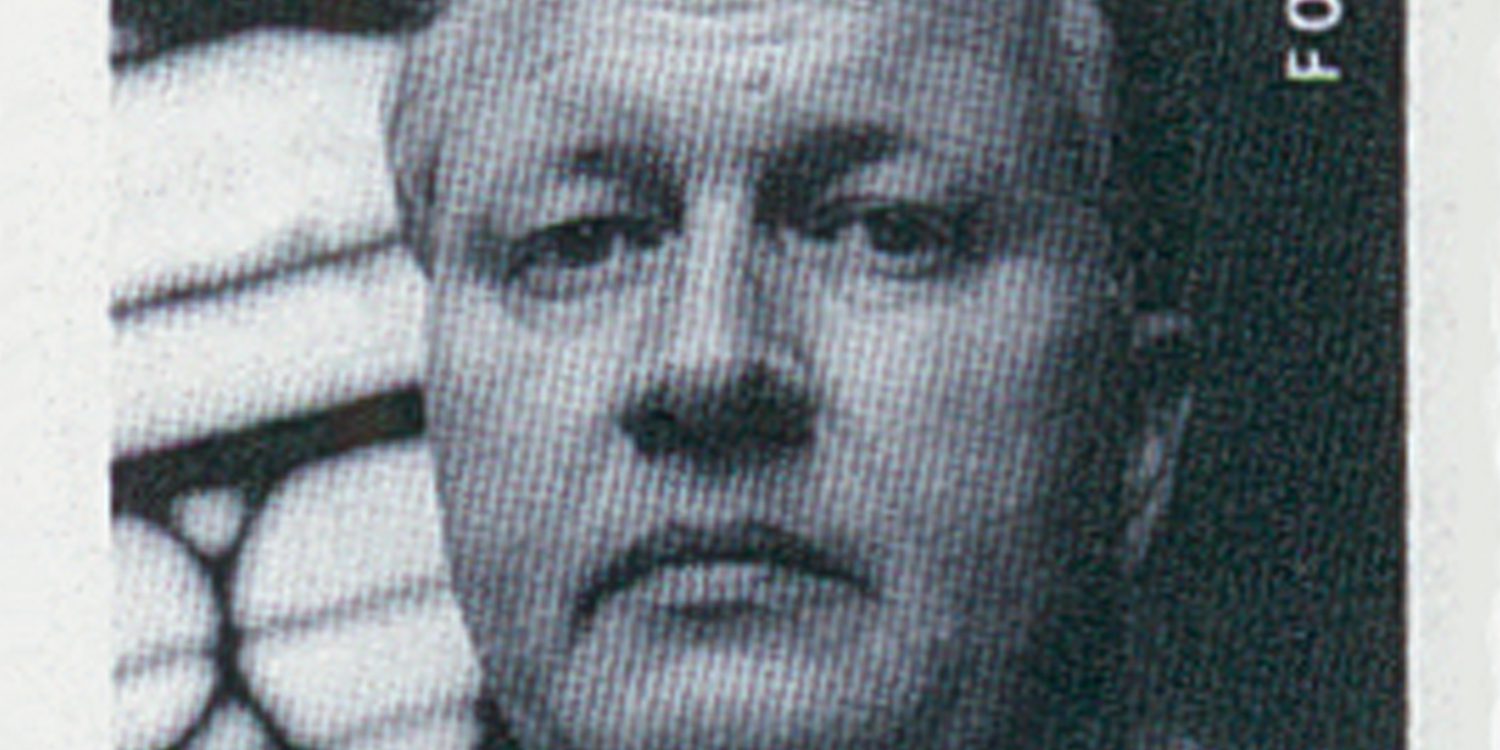
Acclaimed poet Theodore Huebner Roethke was born on May 25, 1908, in Saginaw, Michigan. Considered one of the most influential poets of his time, he won the 1954 Pulitzer Prize for Poetry and two National Book Awards for Poetry.
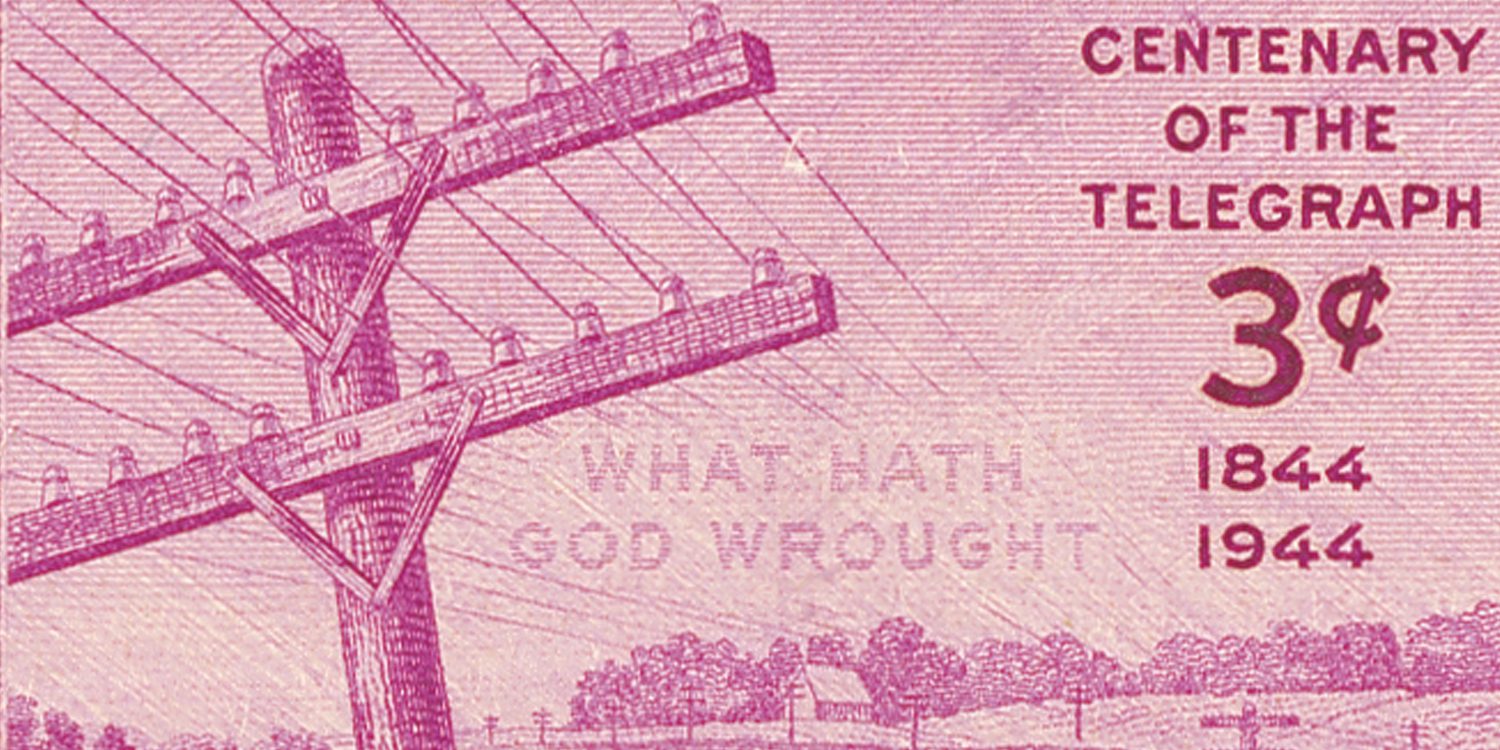
On May 24, 1844, Samuel Morse sent the first message over telegraph. While in the Supreme Court chamber of the US Capitol, he sent the message “What hath God wrought!” over the telegraph to his assistant in Baltimore, Maryland.